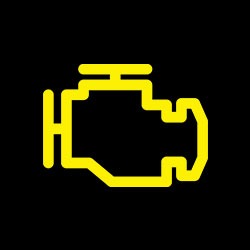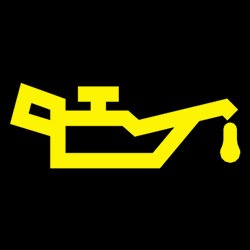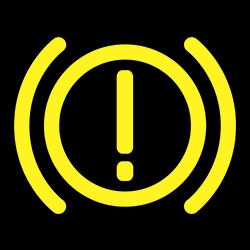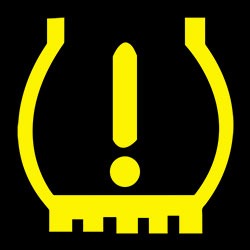Car Dashboard Signs and Their Meanings: A Comprehensive Guide
Understanding the car dashboard signs is essential for any driver. Knowing what each sign means and when it should be taken seriously can help you stay safe on the road. We will discuss the different types of signs, their meanings, and how to respond to them appropriately. By understanding these signs, you can ensure that your vehicle is running safely and efficiently at all times.
Check Engine Light
The check engine light is one of the most common dashboard signs, and it’s designed to alert you to potential problems with your car’s engine. When this light appears, it’s important to have your car checked by a professional mechanic to diagnose any issues that may be causing the light to turn on.

Battery Warning Light
The battery warning light indicates that there may be a problem with your car’s charging system, which could be caused by a faulty battery, alternator, or wiring. If this light appears, it’s important to have your car checked by a professional to avoid getting stranded with a dead battery.

Oil Pressure Warning Light
The oil pressure warning light indicates that there may be a problem with your car’s oil pressure, which could be caused by low oil levels, a clogged oil filter, or a faulty oil pump. It’s important to have your car checked by a professional if this light appears, as low oil pressure can cause serious damage to your car’s engine.

Brake System Warning Light
The brake system warning light indicates that there may be a problem with your car’s braking system, which could be caused by worn brake pads, a leak in the brake system, or a faulty brake master cylinder. If this light appears, it’s important to have your brakes checked by a professional to ensure that they are functioning properly.

Temperature Warning Light
The temperature warning light indicates that your car’s engine is overheating, which could be caused by a variety of factors, including a faulty thermostat, a leak in the cooling system, or a problem with the radiator. It’s important to address this issue promptly to prevent serious damage to your car’s engine.

Tire Pressure Monitoring System (TPMS) Warning Light
The TPMS warning light indicates that there may be a problem with your car’s tire pressure monitoring system, which could be caused by a faulty sensor or low tire pressure. It’s important to check your tire pressure regularly to ensure that your tires are properly inflated, which can help improve fuel efficiency, handling, and safety.

Auto Care Corner
Explore information and tips to help keep your car running smoothly and avoid costly repairs down the road.
We’ve got you covered with expert advice on everything from basic maintenance to complex repairs.





